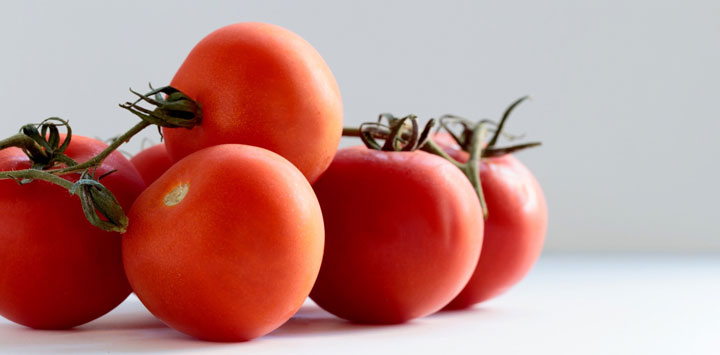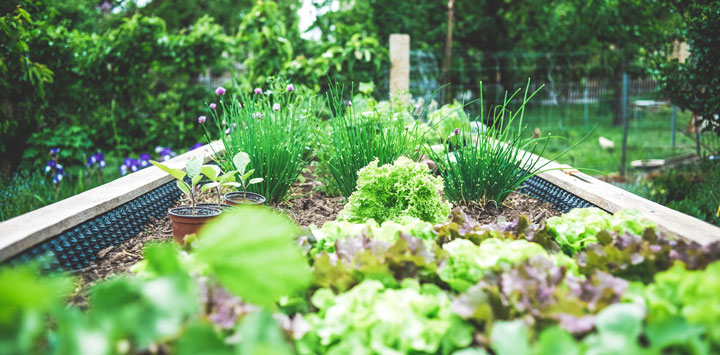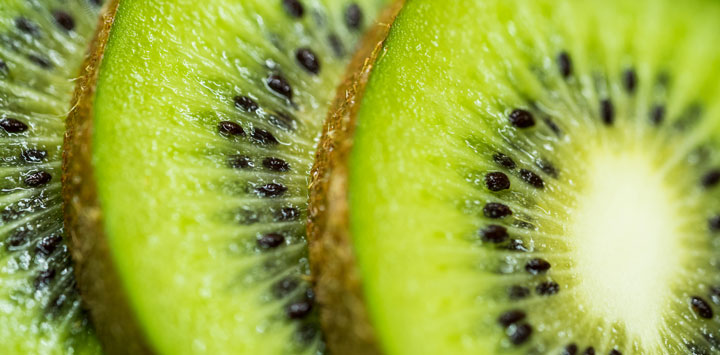Last Updated on January 30, 2025 by Cathy

Multiple sclerosis (MS) is an inflammatory disease that attacks the central nervous system. Once diagnosed doctors want to get patients on one of the MS medications as soon as possible. However, there are healthy habits to manage MS naturally.
Did you know people have successfully used food as their medicine to treat MS for over 65 years?
Roger MacDougall was a famous Scottish playwright who was diagnosed with MS in 1953. It eventually led to a “terminal disability” with no future. (This was long before any medications for MS were available.) Instead of accepting his fate, he decided to use food as his medicine. He only ate foods “which had been consumed by man since the very beginning.” It was a Paleolithic diet long before “paleo” was popular.
I based my diet on the food consumed by the hunter-gatherer, before mankind settled down in agriculture communities, grew cereals and tended cattle. – Roger MacDougall
There is always a diet for an individual with such a disease, but it is for the individual not for the disease. A diet must always be tailor-made to suit a specific metabolism. – Roger MacDougall
By eliminating foods that caused inflammation in his body his symptoms reversed. He went from being wheelchair-bound to running up and down the stairs. He passed away in 1993 at the age of 82, he had no symptoms of MS at the time of his death.
What is chronic inflammation?
Chronic inflammation is inflammation that is slow and lasts for long periods. It causes mitochondrial dysfunction and oxidative stress which increases free radicals. Free radicals cause damage to cells, DNA, and proteins
In MS, the cortex is severely affected by chronic, long-lasting inflammation, microglia activation, and demyelination. – PubMed
Unhealed infections like the Epstein-Barr virus or prolonged exposure to toxins like cigarette smoking. Lifestyle factors like a poor diet or chronic stress lead to chronic inflammation. There may not be any visible signs at first. But, over time it will appear as heart disease, obesity, or an autoimmune disease.
Multiple sclerosis (MS) is a chronic inflammatory disease of the central nervous system, which leads to the development of focal inflammatory lesions with secondary axonal damage. – PubMed
An anti-inflammatory diet includes fruits, vegetables, protein, and healthy fats which reduces inflammation. It will give you more energy, improve symptoms, and give you the sense of well-being that you deserve.
Eating an anti-inflammatory diet is not hard plus it is delicious. Many people use money as an excuse to not start claiming it’s “too expensive.” – Isn’t the investment for your health worth it?
Make Smart Dietary Choices
Eating fresh, whole foods is the best approach to decreasing inflammation. Staying 100% compliant is very important. With every bite that you take, it will either fight inflammation or feed it. You didn’t choose to have MS but you have the choice to do something about it.
With every decision you make, there’s an outcome – good or bad.
Don’t look at this as a diet instead, this is a lifestyle change that will give you better health. Stay positive, studies show that people who have a better outlook heal faster. Train your brain to look at the bright side and don’t focus on the negative.
Keeping a food journal, by staying aware of what you eat will help with better eating habits. For example, if you are not a big fish eater by writing it down you’ll see how often you eat it. – It should be 1-3 times a week at least.
You can get a free “Foods to Eat ~ Foods to Avoid’ list at the bottom of this post.
Always double your recipes to use for lunch the next day or to freeze and use at a later date. There will be days you’re too busy or you just don’t feel like cooking. When freezing, store it in glass containers or BPA-free plastic containers.
If you’re using a glass container don’t fill it to the top so it has room to expand.
Foods to eat:
- Vegetables
- Fruit
- Healthy fats and oils
- Herbs and spices
- Nuts and seeds
- Wild-caught fish
- Pasture-raised poultry
- Grass-fed and finished meat
Try an Elimination Diet

Remove any foods that your body has a bad reaction to. Even if it’s a “healthy” food item. If you are having a hard time figuring out which foods are causing the problem, try an elimination diet.
Common sensitivity symptoms:
- Abdominal pain
- Acne
- Bloating
- Fatigue
- Flushing of the skin
- Headaches
- Rashes
That’s where you remove the food item, for at least one month, then reintroduce it to see if your body reacts. If it does you need to remove it from your body until you have healed your gut. Most people with MS have a leaky gut which allows undigested food and toxins to pass the gut lining.
If you suspect more than one, reintroduce only one food item at a time. Sometimes it can take more than one day for symptoms to show up.
Foods that often cause a problem:
- Chocolate
- Eggs
- FODMAPs (apples, artichokes, asparagus, broccoli, etc.)
- Nightshades (eggplant, peppers, tomatoes, etc.)
- Nuts
- Seeds
It is best to avoid eggs while you are trying to heal. In the book The Wahls Protocol, Dr. Terry Wahls recommends people avoid eggs.
You may also enjoy reading – What are nightshades?
Choose Organic Whenever Possible

Fruits and vegetables are the most important dietary changes you should make. Choosing organic produce also helps to reduce inflammatory pesticide residue. Although, sometimes choosing organic isn’t always available or affordable.
Whenever possible choose organic if it shows up on the Dirty Dozen list. This is a list from the Environmental Working Group. It includes produce with the most pesticide residues. They also have a list of produce with the fewest amounts of pesticide residues.
The “Dirty Dozen” refers to a list of twelve fruits and vegetables that have higher pesticide residues. This list is annually compiled by the Environmental Working Group (EWG) based on their analysis. The Dirty Dozen may vary slightly each year, but it typically includes popular produce items like strawberries, spinach, kale, nectarines, apples, and more.

The “Clean Fifteen” is a list of fruits and vegetables that have lower pesticide residues. Similar to the Dirty Dozen, the Clean Fifteen is compiled by the EWG based on their analysis of pesticide testing data. This list will help you make informed choices about which conventionally grown produce items are less likely to carry high pesticide residues. Examples of items on the Clean Fifteen list often include avocados, pineapples, onions, and others.
* A small amount of papaya and summer squash sold in the U.S. is from genetically modified seeds. Buy organic varieties of these crops to avoid genetically modified produce.
Here is a sample menu idea:
- Breakfast – cantaloupe or a smoothie
- Snack – apple
- Lunch – big salad with herbs use fresh squeezed orange juice mixed with raw honey as a dressing
- Snack – mango
- Dinner – maple roasted vegetables such as sweet potatoes, onions, and broccoli along with turkey burger
- Dessert – cup of berries
Lifestyle Habits to Manage MS

Diet is extremely important to lower the inflammation in your body. But inflammation comes from your everyday habits too. The more inflammation you remove the less burden there is on your body.
Lifestyle habits to lower inflammation:
- Breathe deeply – this will help to lower your stress and remove toxins
- Drink plenty of water
- Exercise
- Go organic
- Learn to manage your stress
- Meditate
- Quit smoking
- Sleep at least seven hours each night
- Use “green” household cleaners
- Use natural body care products
Quick Links To Information In This Post:
How To Start An Elimination Diet
Are Nightshades Bad?
DIY Natural Cleaning Products
Dietary Habits to Manage MS Naturally
Don’t overstress yourself by doing everything at once. Start with the easiest to build your confidence. It will help to build a long-term anti-inflammatory lifestyle.
You can do this!

Foods to Eat ~ Foods to Avoid
Subscribe for free and I’ll send you the password to my secret library filled with many printables including ‘Foods to Eat ~ Foods to Avoid.’
Want to remember this health tip? Pin it to your favorite Pinterest board!

Dietary Habits to Manage MS





